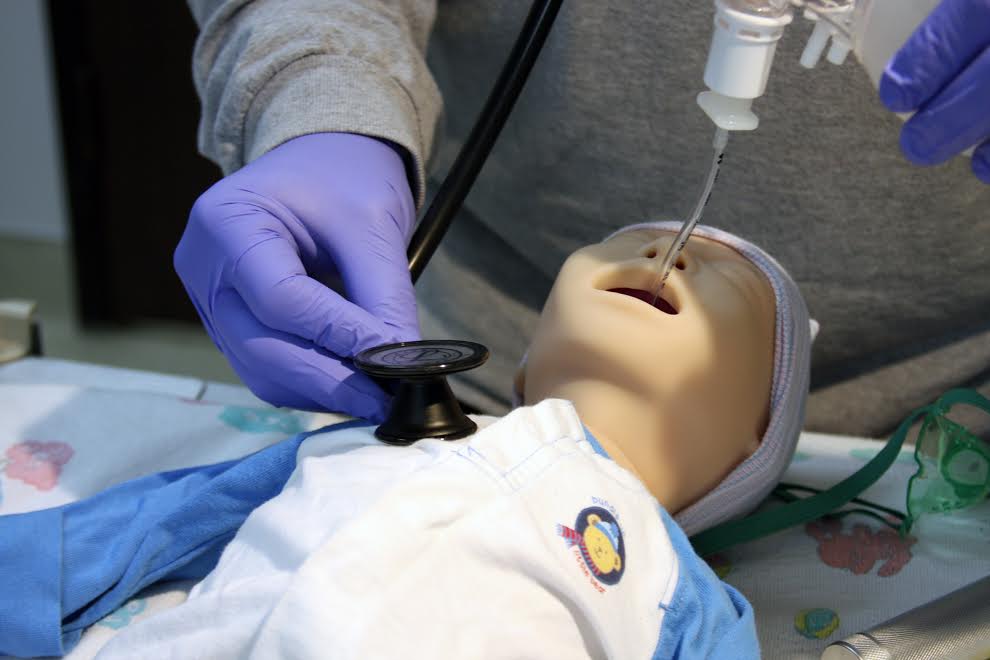Why NICU Nurses Love Sim Central Training?
Keywords:
simulation, mock code training, NICU nurses
Abstract
Objective: The main objective of this survey was to assess the efficiency of Comprehensive simulation program in Mock Code training among neonatal intensive care unit (NICU) nurses.Method: A survey consisting of five questions on the topic Mock Code training was conducted in Sim central at Texas Tech Health Sciences Center, Amarillo, TX. To gather feedback from Sim Central trainees we requested 47 NICU nurses from North West Texas Healthcare system to participate in the study and asked them to grade the satisfaction from 1 (being strongly disagree) to 5 (being strongly agree). No low ratings of 1 or 2 were submitted.Result: The summary of the response was: A. Compared with previous training, training received at Sim Central for Mock Codes provided a better learning experience? Evaluation grade/ responses: 3 (10.6%); 4(21.27%); 5 (63.8%). B. Does having a “patient†with “vital signs†such as “breath sound†and, “heart beat†enhanced the learning experience? Evaluation grade/ responses: 3(6.3%), 4 (25.5%); 5 (63.8%). C. Was there enough time to practice skills? Evaluation grade/ responses: 3 (2.1%), 4 (40.42%); 5 (57.44%). D. Was all the equipment needed for Mock Code training available? Evaluation grade/ responses: 3 (8.5%); 4 (40.42%); 5 (51%). E. Was orientation/training at Sim Central adequate for you to function in the NICU? Evaluation grade/ responses: 3(2.1%), 4 (40.42%); 5 (57.44%).Conclusion:  From this survey, Comprehensive simulation program found to be effective and well received by NICU nurses for Mock Code training.
Published
2015-11-17
How to Cite
Thakore, P., Kuster, M., Singh, R., Vasylyeva, T., & Naqvi, M. (2015). Why NICU Nurses Love Sim Central Training?. International Journal of Integrative Pediatrics and Environmental Medicine, 2, 40-42. https://doi.org/10.36013/ijipem.v2i0.24
Issue
Section
Articles
Policy for Articles with Open Access
Authors who publish with this journal agree to the following terms:
Authors retain copyright and grant the journal right of first publication with the work simultaneously licensed under a Creative Commons Attribution License that allows others to share the work with an acknowledgement of the work's authorship and initial publication in this journal.
Authors are permitted and encouraged to post links to their work online (e.g., in institutional repositories or on their website) prior to and during the submission process, as it can lead to productive exchanges, as well as earlier and greater citation of published work.





3.jpg)
